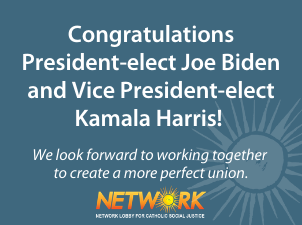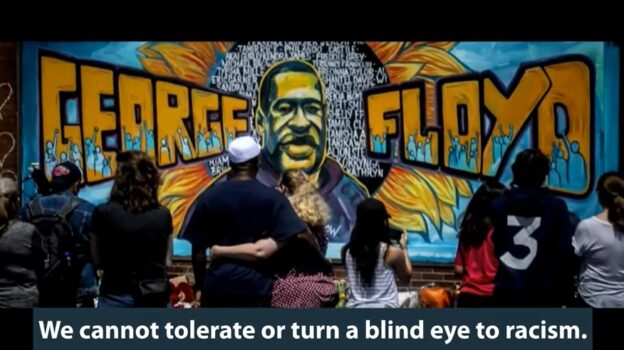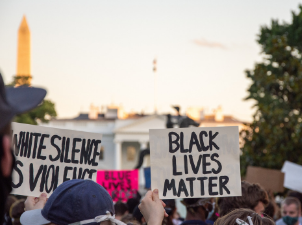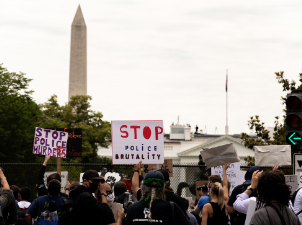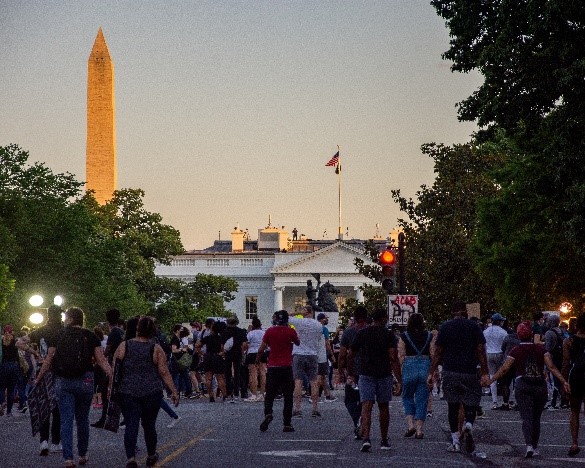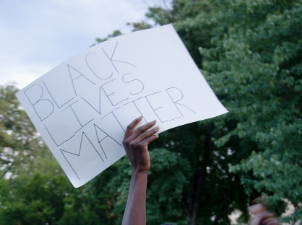
Racism and the Church: A Black History Month Community Conversation
Audrey Carroll
February 25, 2021
On February 18, NETWORK hosted a community conversation in honor of Black History Month. At the event, NETWORK members discussed racism in the Church and our role in naming it and ending it. Board member Leslye Colvin shared her reflection on racism in the Catholic Church. Watch the conversation below, and read more reflections from Leslye on her blog Leslye’s Labyrinth:










